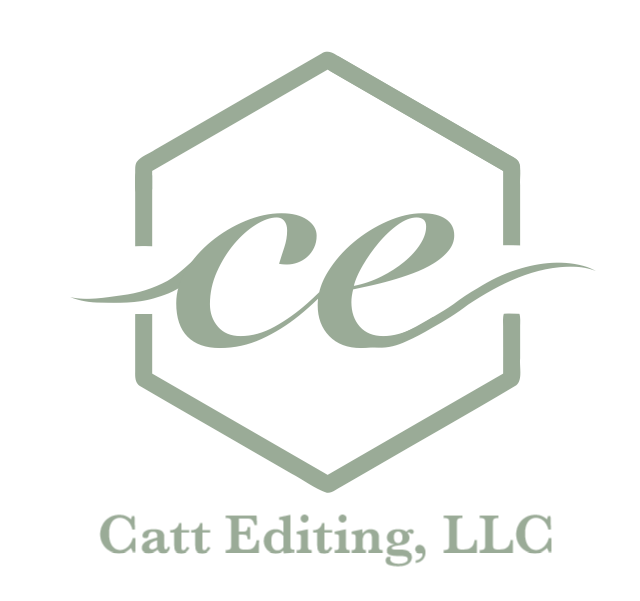Do I Need Developmental Editing?
This is a difficult question. If you’re looking for a yes-or-no answer in this blog post, you’re not going to get it. Sorry! The needs of your book are unique, just like the content of it, so you’ll have to make this decision on your own—perhaps with the help of an editor. That said, I’m going to try to answer the question anyway.
Whether someone needs developmental editing depends on the person and their manuscript and their goals for the manuscript. If you’re just writing because it makes you happy and you don’t care about making money, or because you just want to share your story with your family, maybe you don’t need it. If you’re creating a book out of a course (which is already structured well and pretty much acts as a detailed outline), maybe you don’t need it. If you prefer to use beta readers and critique partners to help you get the organization down, maybe you don’t need it.
It's totally up to you, your goals, your budget, and your timeline.
To learn more about what developmental editing is, check out this blog post!
Other Options
If you’re still unsure if you need developmental editing because it doesn’t sound perfect for you but you don’t feel comfortable skipping it either, here are some alternatives that might help you get through the developmental stage in a way that suits you better.
Manuscript evaluation: This is a cheaper, more hands-off version of developmental editing. If you really want developmental editing but don’t have the budget, do this one. Instead of getting in-line comments on the document and an editorial letter, you’ll just get an editorial letter. Still great but not quite as hands-on as full developmental editing.
Book coaching: If you haven’t started writing or can’t seem to finish the manuscript because you’re just lost and don’t know where to go from here, try a book coach. They will coach you through the entire process from idea to finished draft. This is a fantastic option if you need this kind of help. And since it’s so hands-on during the drafting process, it’s unlikely you’ll need developmental editing after because the coach helped you with organization as you wrote.
Ghostwriting: If you haven’t started writing the book yet for any reason (time, don’t know how to do it, don’t really wantto sit down and do it), a ghostwriter might be a good option for you. A ghostwriter will write the whole book for you. Literally for you. All you have to do is tell them what you want in the book and they’ll do it for you. Obviously it will take a while to say out loud all the content you want in the book (which will be broken up into several interviews), but if writing is not your thing, this might be a great option. (Plus, even if you spend five hours explaining the content to the ghostwriter, that saves you tons of time because you can’t write a book in five hours—or ten, or fifteen.) You’ll still be able to revise the words and structure and ideas to make it yours. And just like with book coaching, since a professional writer is doing the organizing for you, you probably don’t need developmental editing after. Learn more about that here.
So, do you need developmental editing? If you’re not sure, talk to an editor and find out if it would be beneficial for your book!
Contact me here for more information on developmental editing!
Email me with any questions you have. You can also find me on Facebook, LinkedIn, or Instagram!
To get updates about more free tips and advice from experts (like this), make sure to subscribe here!
